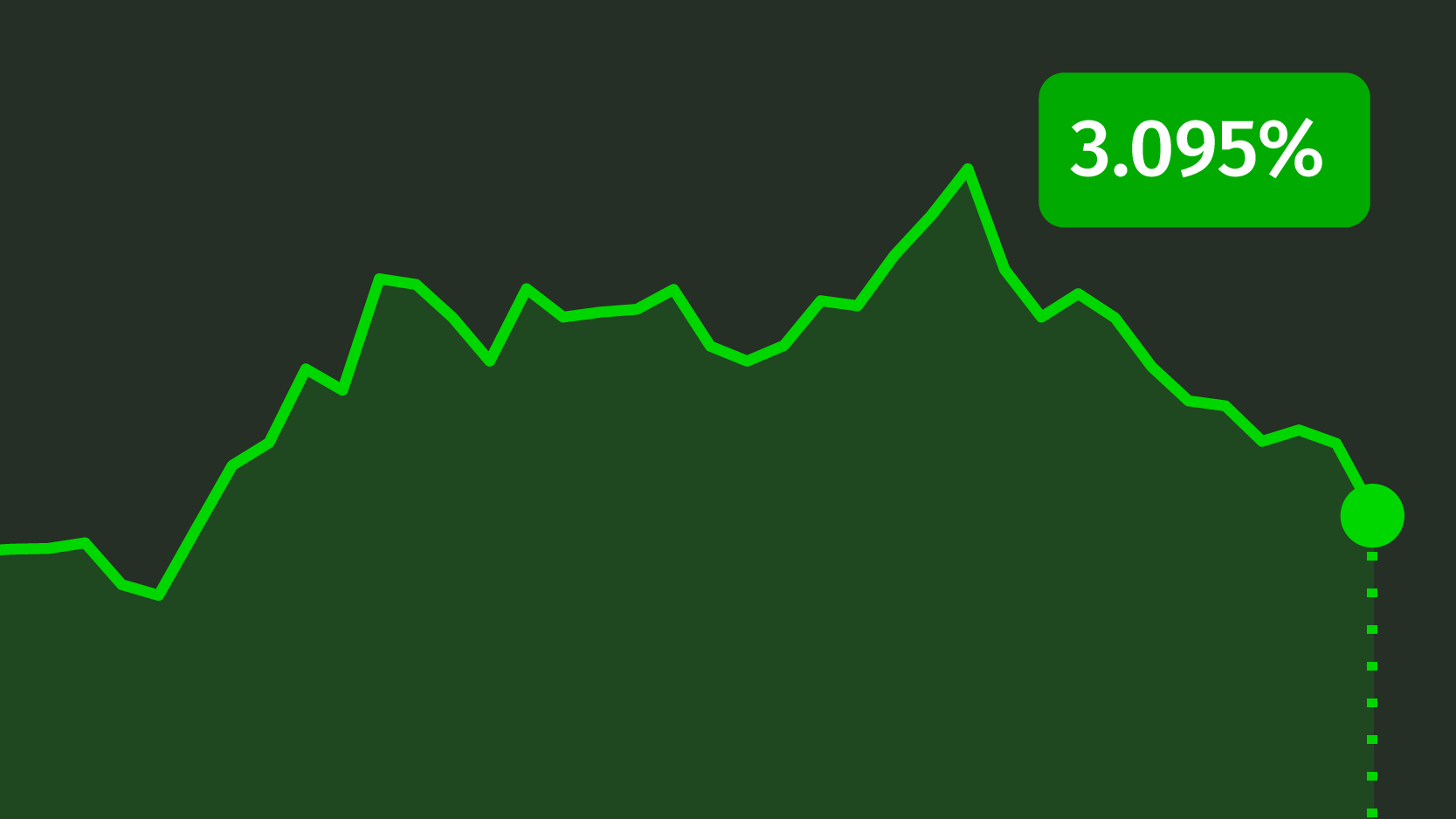Portugal shows second largest debt growth in the Euro Area
The overall debt of Euro Area governments dropped in the second trimester of 2016 when compared to the wealth produced. In Portugal, debt ratio is closer to 132% GDP.
Portugal has shown the second largest public debt growth compared to the Gross Domestic Product (GDP) in the Euro Area, in the second trimester of the year, according to data brought forward this Monday by Eurostat. National debt reached 131.7% GDP in the end of June, 2.8 percentage points more than in the first three months.
Only Greece has shown a larger increase than Portugal: debt to produced wealth ratio increased 3.1 percentage points to 179.2%, according to the same data by the statistical authority.
By the end of the second trimester, Portugal was still holding the third largest debt in the Euro Area. Greece (179.2% GDP) and Italy (135.5% GDP) achieved worst results than Portugal. These three countries show a deterioration of the indicator in that period, even though the overall debt of governments in the Euro Area slightly decreased to 91.2% GDP.
Debt dynamics was one of the points stressed by DBRS, after the rating agency has, last Friday, said it is maintaining Portugal at BBB (low), with a stable outlook for the country.
When interviewed by ECO, Adriana Alvarado, analyst for the Canadian agency, mentioned that, “If there is a deterioration of the debt dynamics, resulting in low growth or a prolonged high interest period”, that can harm a country’s rating.
"It will be of negative impact if there were to be a decrease in the commitment to economically sustainable measures. If there are no structural reforms or there is less political action to improve fiscal ratios, the rating can decrease. If there is a deterioration of the debt dynamics, resulting in low growth or a prolonged high interest period, the rating can decrease as well.”
In that case, DBRS could revise Portugal’s rating downwards, which would mean the country would no longer be eligible for the European Central Bank’s public debt purchase programme.




